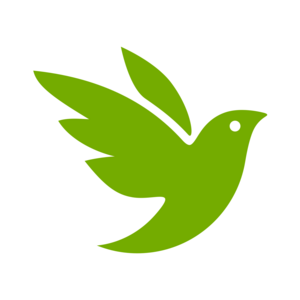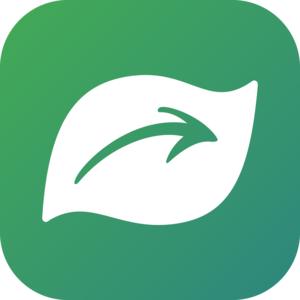Gall Week Sept 2023: What about those observation fields?
If you’re ever curious about annotations/fields we’ve been adding to your gall observations, here’s why.
@megachile created an app called “the phenology tool”. The tool allows you to browse a growing database of gall inducer collection and emergence dates. It also uses that data to calculate predicted date ranges for collection and emergence at your latitude. If you want to try rearing an adult from a gall, the tool will use existing published dates to predict when you should look. This tool visualizes the info available for each species and extrapolates to predict the timing at other latitudes.
What makes this tool possible? Besides published records from academic papers, the majority of data has been imported from iNat observations (yes, likely yours!). But without these annotations/fields correctly filled, your precious data will not function in this app.
So, if you are an experienced iNat observer/identifier who’s already familiar with annotations/observation fields, feel free to add them for yourself or others by following this guide. You can opt to fill out what you’re sure of, and always leave them blank when in doubt (I do that all the time). It’s actually better to be blank than wrong, so we don’t end up spending more time correcting each other’s fields. And even without any fields, your ID help on common species would still be very helpful!
If you are a new participant or just a casual observer who doesn't feel comfortable with adding them, don’t worry at all!! As @merav wrote in “About” section, try your best to fill “Host” and “Host Plant ID” fields, and the easiest thing anyone can do is just to turn on “Evidence of Presence: Gall” annotation. If you like observing galls, let’s start practicing from there!
And if you have any questions about these fields, feel free to comment below or message/tag me. I’m actually not a tech savvy person and still new to this process, but I’ll try my best to answer!
PS: If you have your observation fields locked for only curators or yourself, please reconsider opening it to the public (unless you have a strong reason) so your valuable data will also be a contribution to science!





Comments
Add a Comment